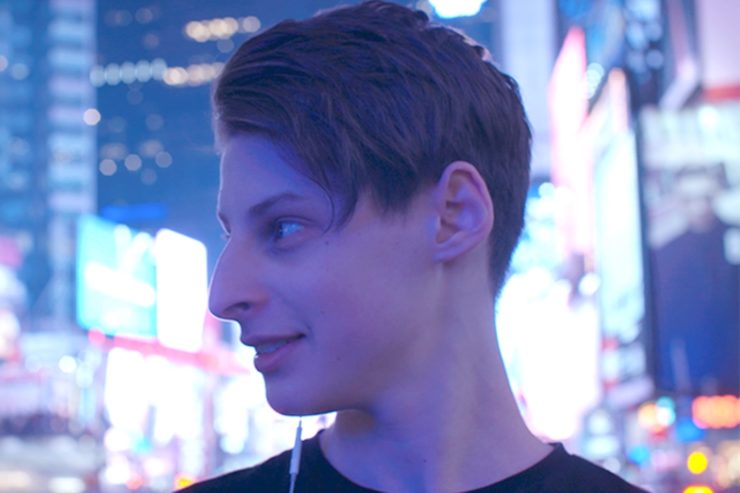[SXSW 2020] THE BOY WHO SOLD THE WORLD -- A Captivating Cautionary Tale on the Dangers of Wealth3/22/2020
Review by Sean Boelman
Directed by Adam Barton, The Boy Who Sold the World is a new documentary about the alternatingly tragic and hilarious rise and fall of one of the world’s youngest tech moguls. Thanks to an absolutely fascinating subject, Barton is able to overcome the somewhat conventional nature of the film to provide some interesting commentary.
The movie tells the story of Ben Pasternak who, at the age of 15, dropped out from high school, moved from Sydney to New York City, and acquired funding to form a new tech startup. Part of what makes Barton’s film so effective is that he is able to combine the tropes of the profile style of documentary with the arc of a coming-of-age story, showing Pasternak as he is faced with growing up at a young age. Although there is obviously something extraordinary about Pasternak and his abilities, Barton does an excellent job of humanizing him. The movie emphasizes that, even though he is doing some very mature things with his career, Pasternak is still young, particularly in the beginning of the film in which he is still a high-school-age kid living alone in an unfamiliar place. More than anything else, Pasternak’s story serves as a phenomenal cautionary tale about the dangers of wealth, especially for someone at such a young age. Similar to other movies profiling young entrepreneurial successes, such as The Social Network, the film allows the audience to come to their own judgements on the personality of its subject.
That said, the movie does suffer from feeling too short. Clocking in at under an hour and a half long, Barton’s film follows Pasternak over the span of four years and explores three separate ventures that he organized. Although it is understandable why Barton opted to provide a general survey of Pasternak’s career, the movie could have been more effective had it focused on one of his accomplishments.
Additionally, the film is largely missing the perspective of his collaborators. There are some sequences that incorporate interviews with people who work for Pasternak, but a majority of this content is about their opinions of Pasternak. While Pasternak is the main force behind his ventures, the movie doesn’t adequately acknowledge the contributions of others. Barton shoots the film in a fairly typical fly-on-the-wall way, but it works relatively well, as it allows the personalities of the subjects to speak for themselves. There are some very visually interesting shots, but a majority of these don’t serve much purpose in relation to the narrative or emotional arcs of the movie. Adam Barton’s documentary The Boy Who Sold the World is very compelling, and even though it does have some parts that aren’t fully developed, it succeeds in conveying its intended message. Pasternak is such a compelling subject that the film is basically irresistible. The Boy Who Sold the World was set to debut at the cancelled 2020 SXSW Film Festival. It is currently seeking distribution. Rating: 4/5
0 Comments
Leave a Reply. |
Archives
July 2024
Authors
All
|
|
|
disappointment media
Dedicated to unique and diverse perspectives on cinema! |


